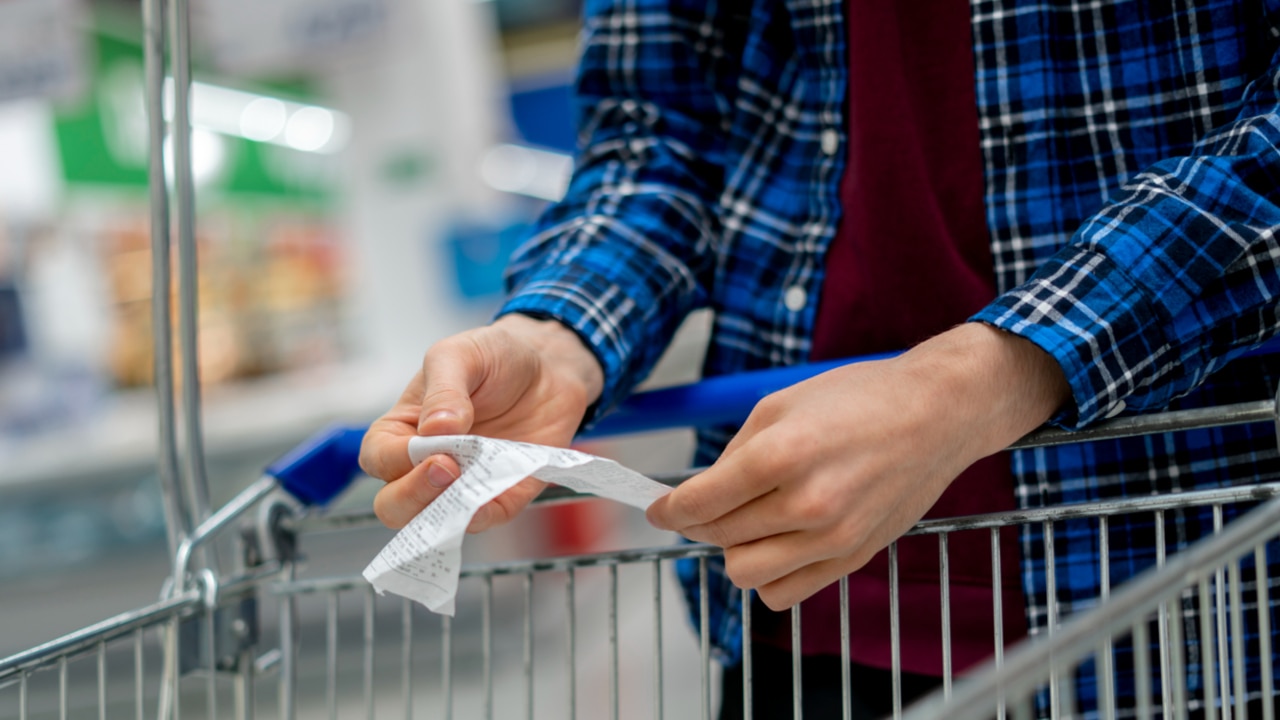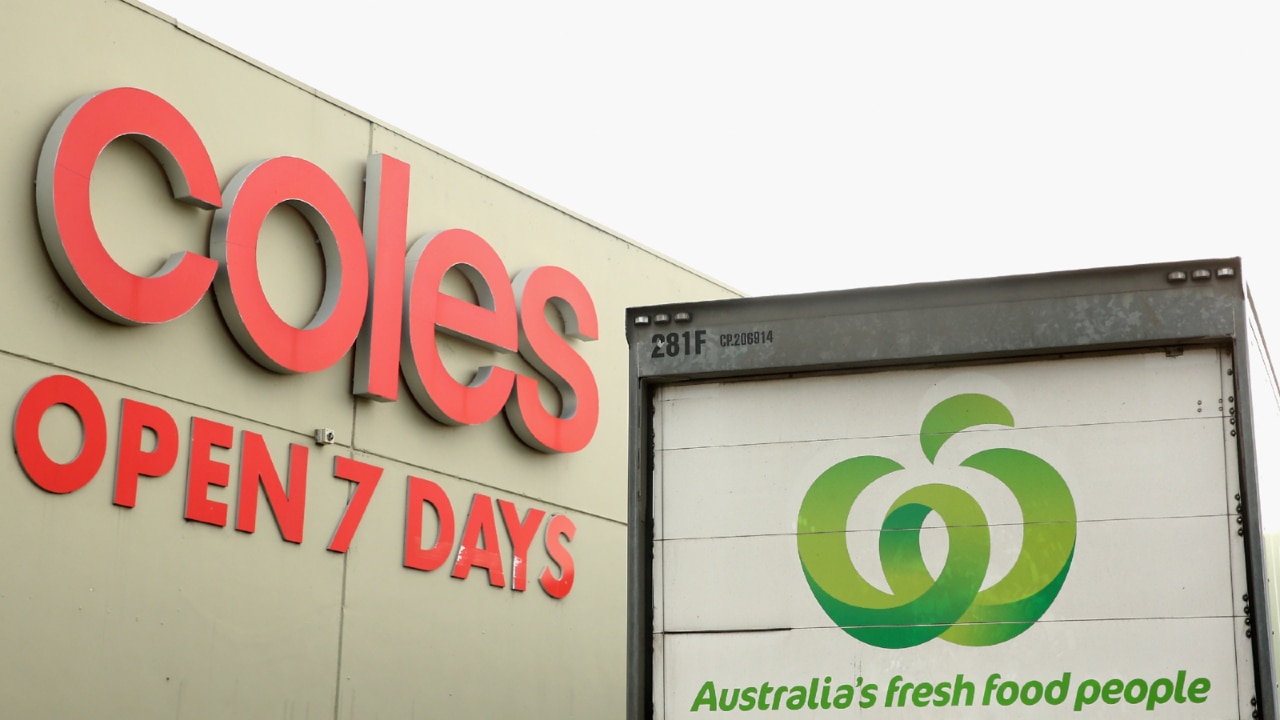Labor MP and former economics advisor Andrew Charlton has revealed shocking data about how much Aussies are paying for groceries as families struggle amid the cost of living crisis.
World Bank data, provided by Mr Charlton to Sky News Australia, shows the nation is the third most expensive G20 country in the world for groceries after Korea and Japan.
The figures also show Australia pays more than 108 per cent more than the world average for vegetables, 41 per cent more for meat and 73 per cent more for other grocery items.
Speaking to Sky News Australia on Sunday, Mr Charlton claimed executives of big food companies refer to Down Under as “treasure island”.
“They call it a place where you can charge higher prices and make bigger profits than other countries around the world,” he told Sky News Australia Political Editor Andrew Clennell.
“Let me give you one example, in the beer industry in Australia eight out of 10 beers are owned by just two foreign companies.
“Those two foreign companies have amassed 80 per cent market share and they charge Australians some of the highest beer prices in the world.”

Mr Charlton, who previously worked as a senior executive at Coles, said Aussies fork out more than 50 per cent extra for groceries compared to other countries.
“Australians pay very high prices for groceries,” he said.
“In fact, Australians pay 54 per cent more than the world average for food and that’s been established by a number of sources.
“What that means is, if something costs $10 in another country, Australians might be paying $15 for it.
“Australians are entitled to ask why – why when we’re a nation that produces so much food, are we being charged such high prices?”
Mr Charlton said the government was committed to cracking down on the supermarket sector, pointing to the Australian Competition and Consumer Commission (ACCC) investigation into allegations of price gouging.
Asked how the review and inquiry would help consumers, Mr Charlton was of the view “a lot” could come out of the investigations.
“We had a similar ACCC inquiry, and lots of things that made a real difference came out of that inquiry,” he said.
“Let me give you some examples, first of all, we cracked down on Coles and Woolworths abusing small suppliers.
“In fact, in 2011, we took Coles to court and they had to pay $10 million over their abuse of small suppliers.”
In addition to the ACCC inquiry, the government has also announced a Food and Grocery Code of Conduct Review, which is being spearheaded by former Labor minister Craig Emerson.
The review of the code, which regulates how companies deal with their suppliers, aims to present its findings at the end of June this year.
Mr Charlton noted Coles and Woolworths also agreed in 2009 to remove restrictive clauses from leases which blocked other competing supermarkets from entering the same shopping centre as the two major retailers, following a previous ACCC inquiry.

The Labor MP said the country has a heavily concentrated supermarket sector.
“If you walk down the shampoo aisle in Australia, those hundreds of products, more than 50 per cent of them, are just owned by two companies,” he said.
“Where you have lots of market power, you often have excessive prices… which is not a good thing for Australian consumers, and that’s what we have to look at it and that’s why this government is taking this issue seriously through these processes which I expect to deliver real results for Australian consumers.”
An interim report of the ACCC investigation into the supermarket sector is set to be given to the government in the second half of this year.